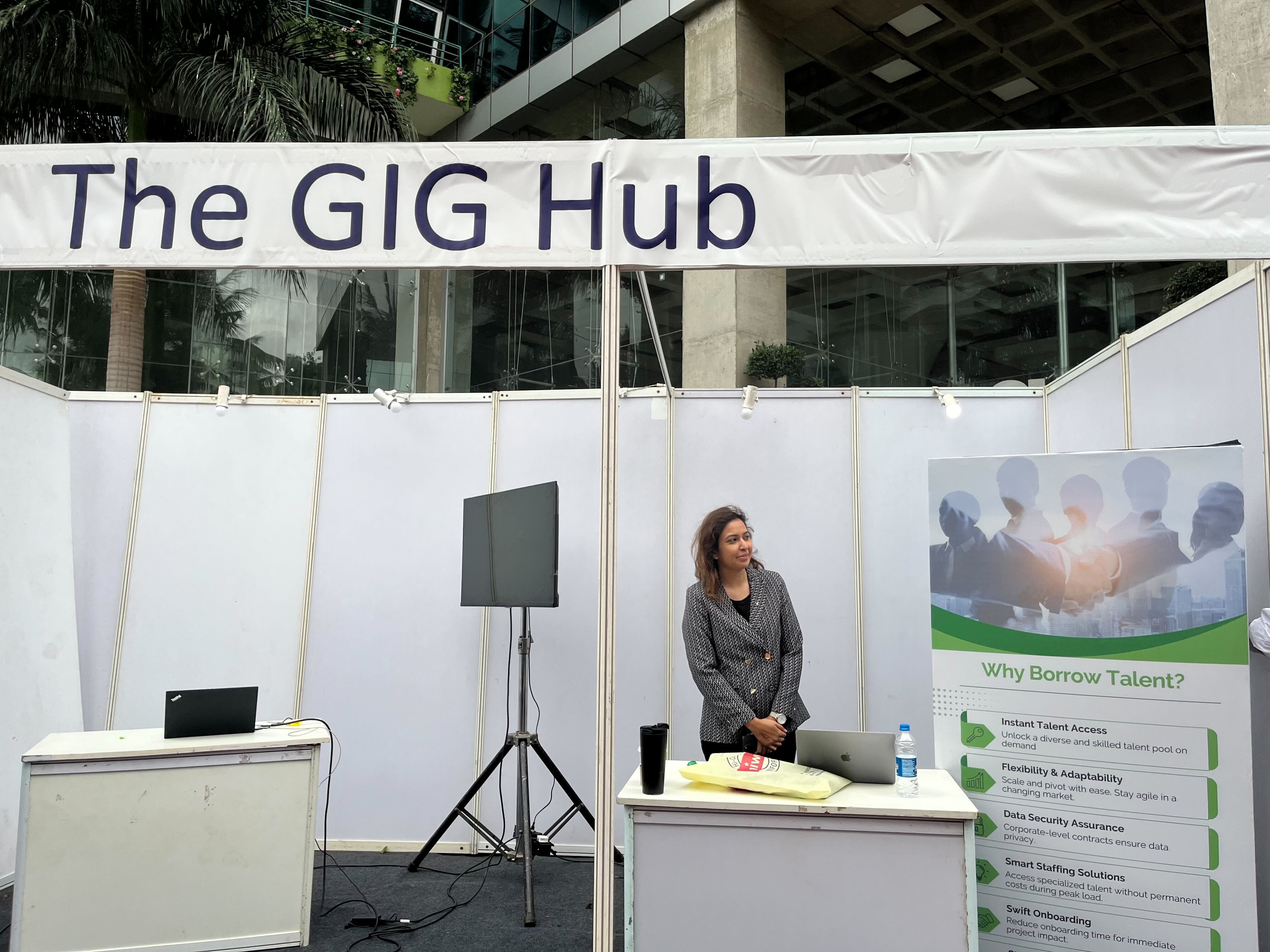Written by: Rohit Mathur
21/11/2016
4 minutes read
![eye]() 172
172
![share]() 0shares
0shares
It all started in a 2 bedroom apartment in New York, at the dawn of the freelance economy when 3 inspired engineers founded Elance in 1999. The concept of an alternate workforce caught on like wildfire with a variety of similar marketplaces taking shape — Guru in 2000, Odesk in 2003, PeoplePerHour in 2005, Freelancer in 2009. Now, we are at a point where freelancing is a commonly used term with tens of millions of people working independently as part of the global gig economy. As per a 2015 Kleiner Perkins Caufield Byers report, 53 million people (34% workforce) freelance in the USA alone and this is slated to go up to 60 million by 2020! The immediate question that comes to mind is what’s the future of freelancing? What’s the future of the workforce? How should organizations adapt to this trend? I will try and paint a picture.
38% businesses globally are struggling to find the right talent, especially because of the changing nature of roles. (Accenture Workforce Technology Report 2016)
Astounding…isn’t it? But it’s true — Roles in organizations are changing and changing fast. Look back 10 years — Digital marketing, big data, UI and UX engineering, SEO, Apps were at best scarcely heard terms. These rapid changes have led to a severe shortage of certain skill sets, which are key to today’s day and age. Given the shortage in supply, it is imperative for these skills to be freely available and not locked in organizations to ensure optimum utilization of these scarce resources.
Talent management has moved beyond walls of the enterprise
Increasingly, organizations’ competitive success hinges on workers who aren’t employees at all. There are a growing number of people who temporarily lend companies their skills and knowledge in an ever-expanding network of freelancers, independent consultants, expert networks, outsourcing partners, vendors and other types of non- traditional talent. They help organizations supplement their existing core set of employees with a highly mobile, dynamic workforce to meet the challenges of a complex and turbulent business environment.
Take Procter & Gamble for instance. More than 50 percent of product initiatives at P&G involve significant collaboration with outside innovators. Through its Connect and Develop program, the company has forged more than 1,000 agreements with innovation partners. The company has also tapped into a wide range of independent contributors through new crowd-sourcing models by challenging them to solve R&D problems or to come up with new product ideas.
These trends transcend borders, languages and business functions. The growth we have seen in the last 2 decades have been largely limited to techies, creative designers and certain low skill jobs such as data entry, telemarketing etc. However, all signs point towards this trend affecting parts of the workforce that have been untouched by this phenomenon — consultants, lawyers, marketers, data engineers and even general managers and corporate leaders.
The rise of freelancing is an opportunity for companies to quickly access a wide range of deep technical skills and other valuable outside experience
Some of these trends include the recent announcement by PwC to launch a talent exchange to find freelancers and contractors for their client projects and the success of regional platforms such as Flexing It, Hourlynerd and MBA & Company in Asia, USA and Europe respectively.
Within 10 years, we will see a new global 2000 company with no full-time employees outside of the C-suite. (Accenture Workforce Technology Report 2016)
We have clearly come a long way from the humble beginnings of freelancing to it being the biggest trend of this century. As with all other trends, it will be interesting to see how the future of work evolves, sustains and changes how work is done in times to come.









 172
172
 0shares
0shares





